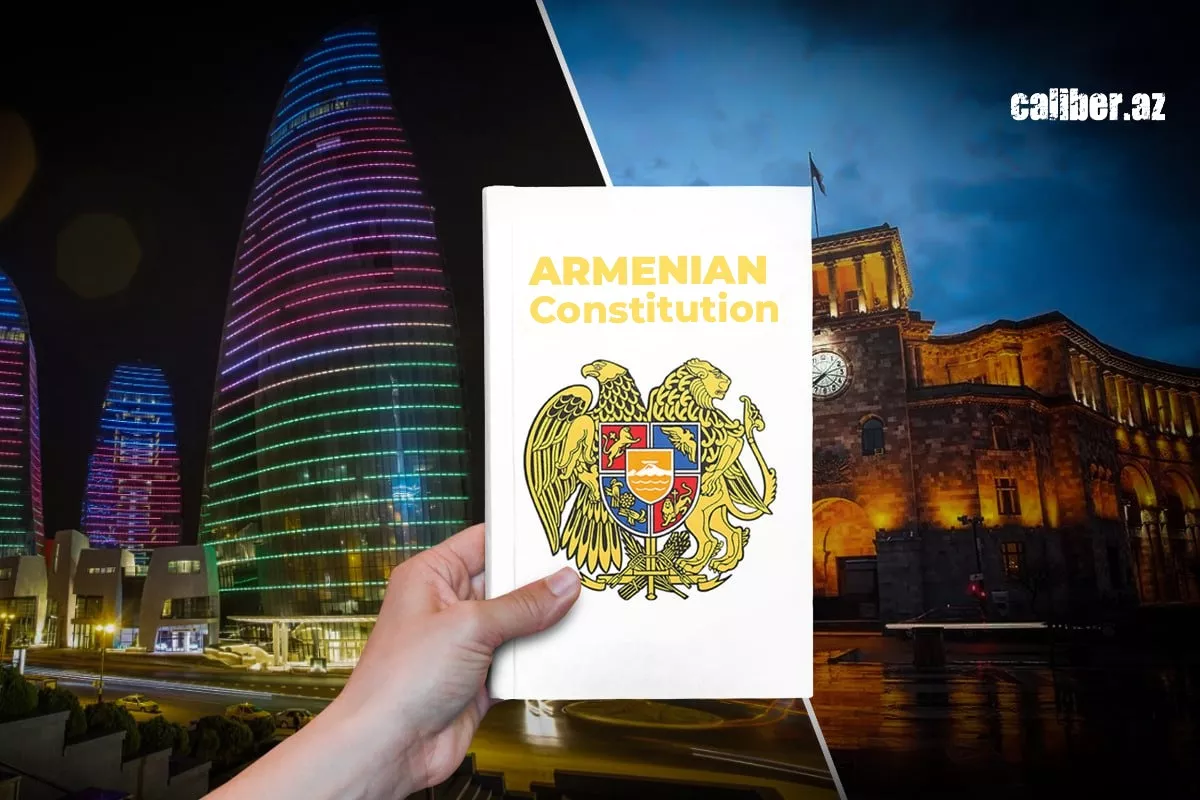No peace with Baku — No access to Ankara What is Pashinyan taking to Türkiye?
So, Armenian Prime Minister Nikol Pashinyan is planning a visit to Türkiye. According to Armenian media, which have disclosed some details of the trip, the visit is scheduled for June 20. On the eve of the trip, during a conversation with journalists, the Speaker of the Armenian Parliament, Alen Simonyan, clarified that Pashinyan had been invited to Ankara by President Recep Tayyip Erdoğan.
According to insider reports from Armenian outlets, the prime minister is expected to discuss a number of pressing regional issues with the Turkish leader. These include the Armenia-Azerbaijan negotiation agenda, the possible venue for signing a peace treaty (with Washington considered for September this year, and the UAE potentially in December), the issue of amending Armenia’s Constitution, and the withdrawal of the Russian military base from Gyumri.
Let us examine the Armenian prime minister’s packed agenda for the visit, beginning with the fact that even during the period of Armenia’s occupation of Azerbaijani territories, Türkiye had consistently maintained that the normalisation of Armenian–Turkish relations was directly tied to the improvement of Armenia’s relations with Azerbaijan.
In the post-conflict period, official Ankara has repeatedly emphasised that any resolution of Turkish–Armenian relations hinges on Armenia meeting Azerbaijan’s demands and, consequently, signing a peace agreement. As recently as April this year, Chief Adviser to the Turkish President Çağrı Erhan, speaking at the 7th ADA University Political Forum titled “Facing the New World Order”, once again affirmed that Ankara’s steps towards normalising relations with Yerevan are contingent upon Armenia’s fulfilment of Azerbaijan’s conditions for a peace treaty.

Moreover, during his working visit to Azerbaijan in May this year, President Erdoğan stated in Lachin that Türkiye is contributing to the process of concluding a peace treaty between Azerbaijan and Armenia—thus reaffirming Ankara’s strong interest in the normalisation of relations between Baku and Yerevan.
Accordingly, at the upcoming meeting between the leaders of Türkiye and Armenia, the issue of Turkish–Armenian normalisation will once again be discussed within the framework of the Armenian–Azerbaijani peace agenda. This agenda, as is well known, remains stalled due to Yerevan’s unwillingness to meet Baku’s key demands. Armenia continues to avoid dissolving the OSCE Minsk Group and has yet to provide clarity on proposed constitutional amendments that would eliminate territorial claims against Azerbaijan. Instead, contradictory statements are periodically voiced in Yerevan concerning the so-called constitutional dilemma, highlighting the inconsistency of the Armenian government’s policy.
For instance, in April this year, Prime Minister Pashinyan surprised many with an unexpected statement suggesting that the new Armenian constitution should not reference the Declaration of Independence: “In my opinion, the text of the new Constitution should not include a reference to the Declaration of Independence. But it is up to the people of Armenia to decide. This is my political position.”
In turn, in May of this year, Armenian Minister of Justice Srbuhi Galyan, when speaking to journalists, limited herself to a brief statement saying that the text of the new constitution is still under development, avoiding any mention of amendments to the country’s fundamental law.
The current Armenian constitution is based on the Declaration of Independence adopted on August 23, 1990, which includes territorial claims against Azerbaijan.
Meanwhile, on the eve of the visit, Armenian media reported that Pashinyan allegedly managed to remove the issue of constitutional amendments from the negotiation agenda. According to these reports, the prime minister supposedly convinced Baku that, based on social surveys, such changes are simply impossible and would threaten his hold on power.
“Instead, he committed to striking against the Armenian Church and bringing it under his control, and such steps have been observed over the past 20 days,” the media noted.

You don’t need to be a genius to understand the following: this media hype surrounding Armenia’s constitution is openly provocative. Under no circumstances will Baku abandon its demand to remove territorial claims against Azerbaijan from the Armenian constitution, and it’s high time the Armenian side realises this.
As for the withdrawal of the 102nd Russian military base from Gyumri, given the relatively warming Armenian-Russian relations, such an outcome seems unlikely. Yerevan has repeatedly stated that this issue is not on the agenda. For example, just last month, Alen Simonyan unequivocally denied the possibility. “Armenia is not discussing the withdrawal of the Russian military base today. It’s absurd, I’m hearing this for the first time. It’s not being discussed and cannot be discussed,” he declared bluntly during a briefing in Yerevan.
However, in May this year, the newspaper Hraparak reported that, according to some sources, the draft peace treaty between Armenia and Azerbaijan includes wording stipulating that no military base of any other country may be stationed on Armenian territory. This means that after signing a peace agreement between Baku and Yerevan, the Russian 102nd military base would have to be withdrawn from Armenia.
“The very inclusion of such a provision in the draft treaty, according to available information, has caused serious displeasure among the Russian authorities. This likely explains the cold reception Prime Minister Pashinyan received in Moscow on May 9, as well as the absence of a separate meeting with Russian President Vladimir Putin during the Armenian leader’s two-day visit to Moscow,” the publication noted.
However, considering that the original purpose of the Russian military base in Gyumri was to deter Türkiye with regard to Armenia, it is quite likely that this necessity may indeed disappear after the normalisation of Armenian–Turkish relations.
Yet, regardless of how these issues are viewed, one thing remains unchanged: without the signing of a peace agreement with Azerbaijan, the question of normalising Armenian–Turkish relations will remain stalled for a long time.








